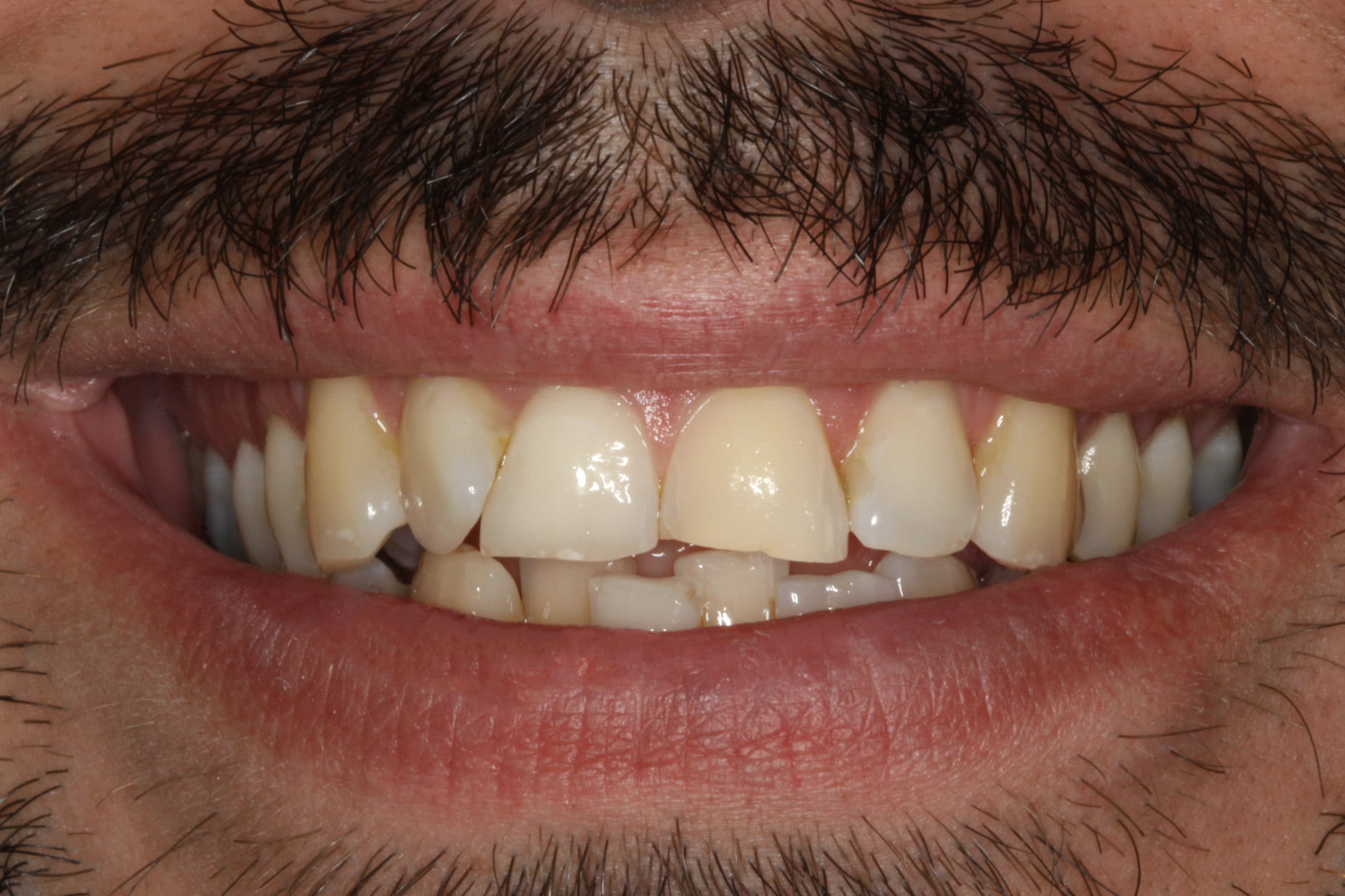
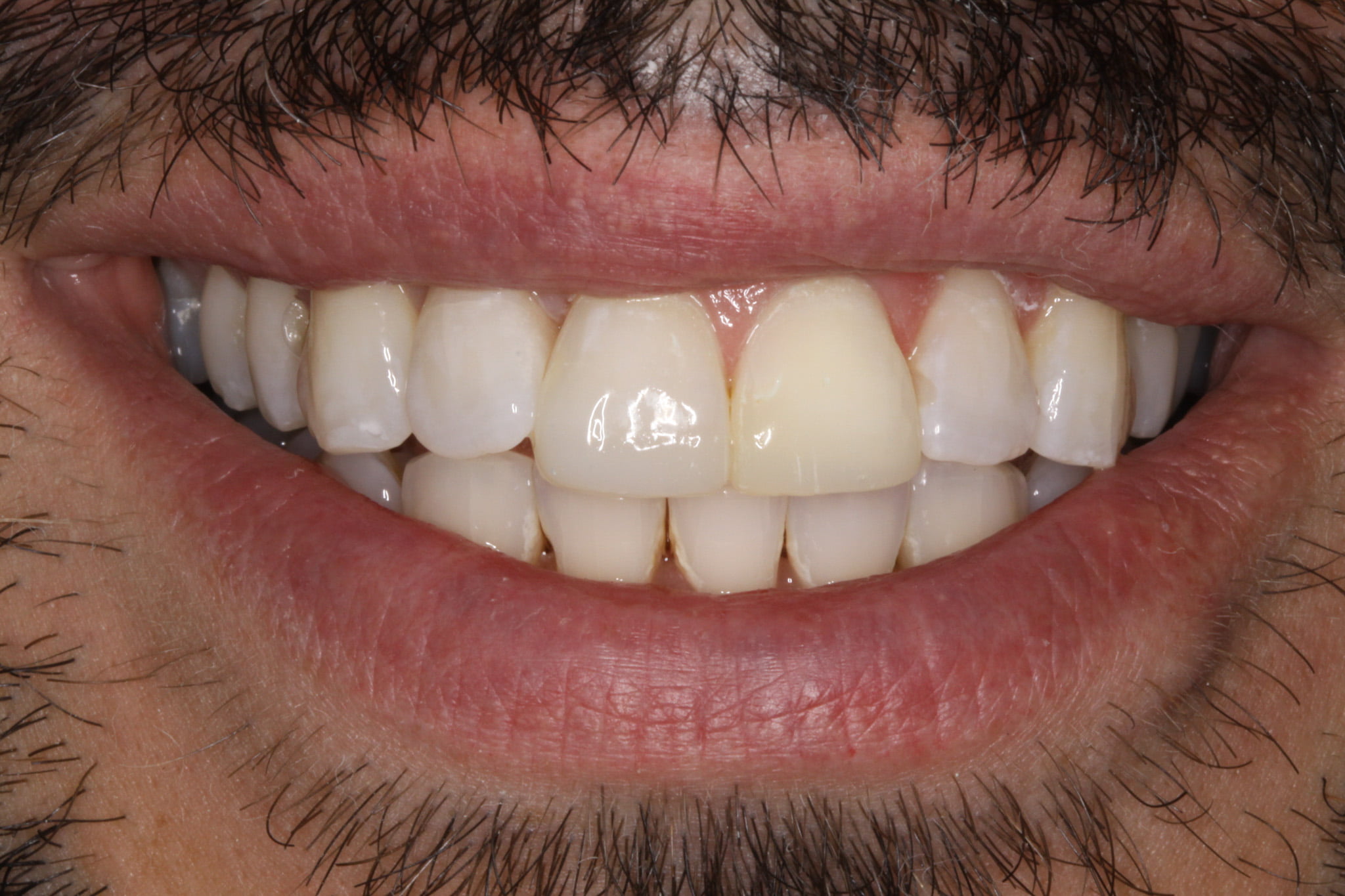



















































































































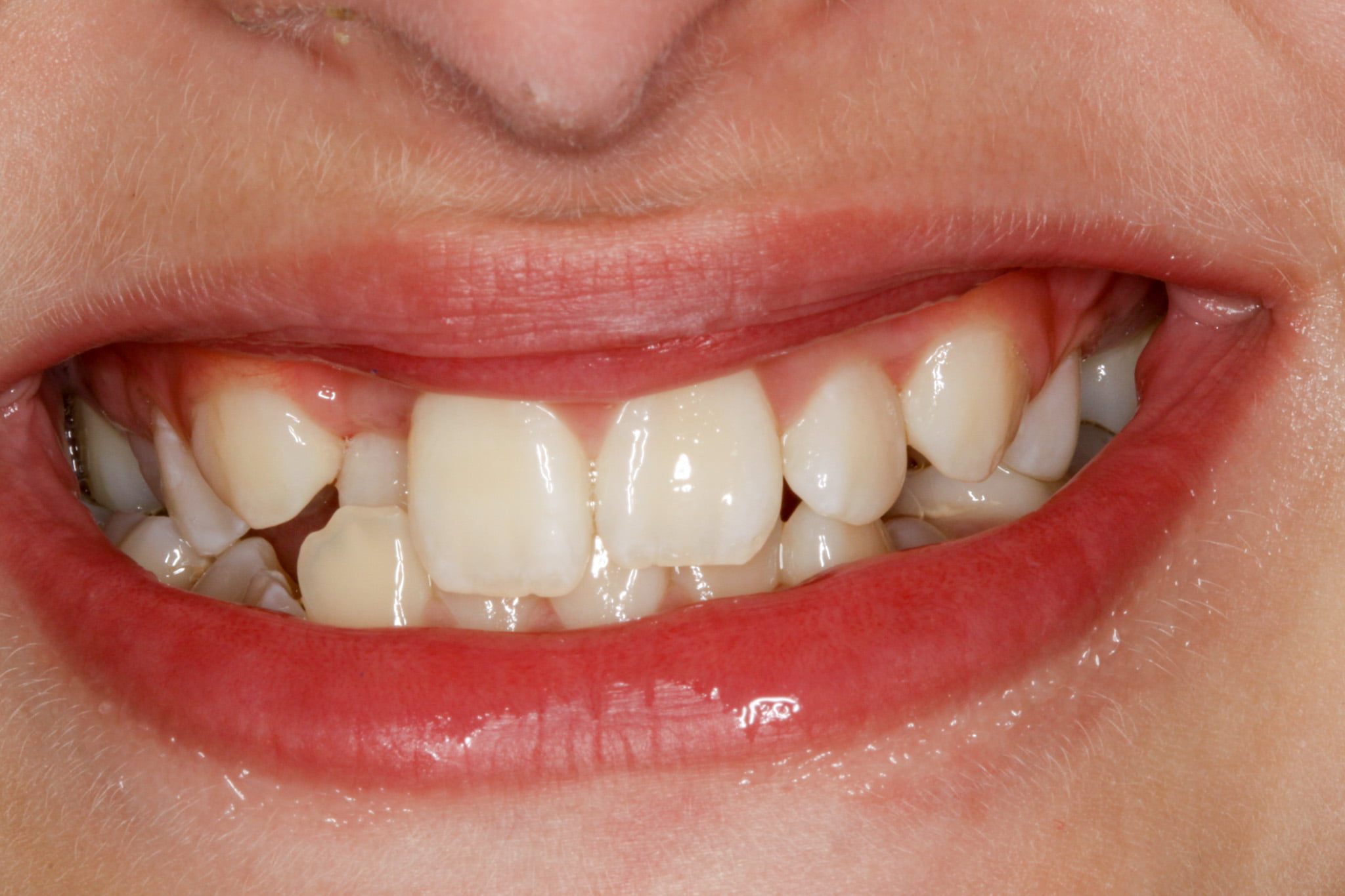
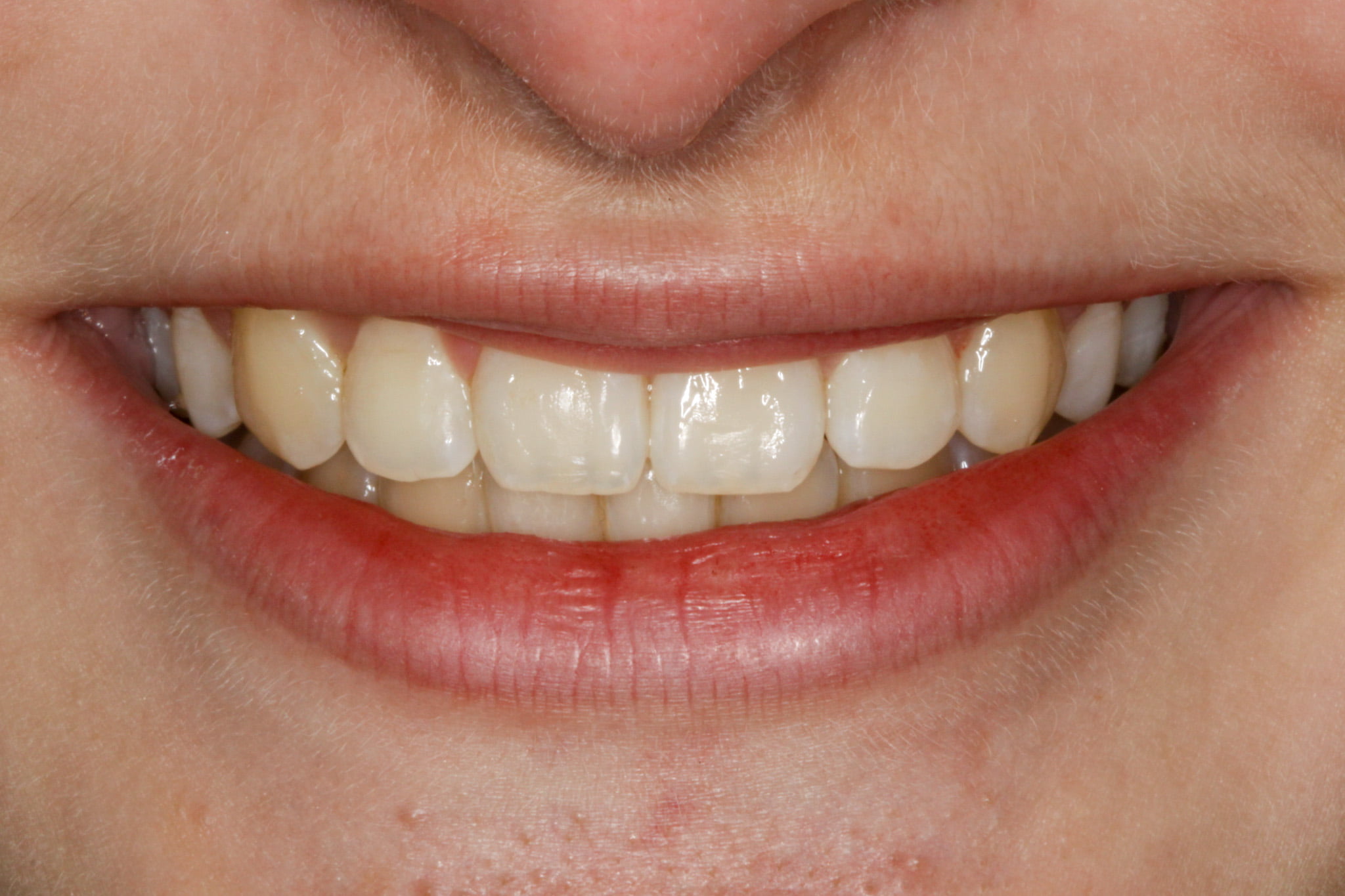
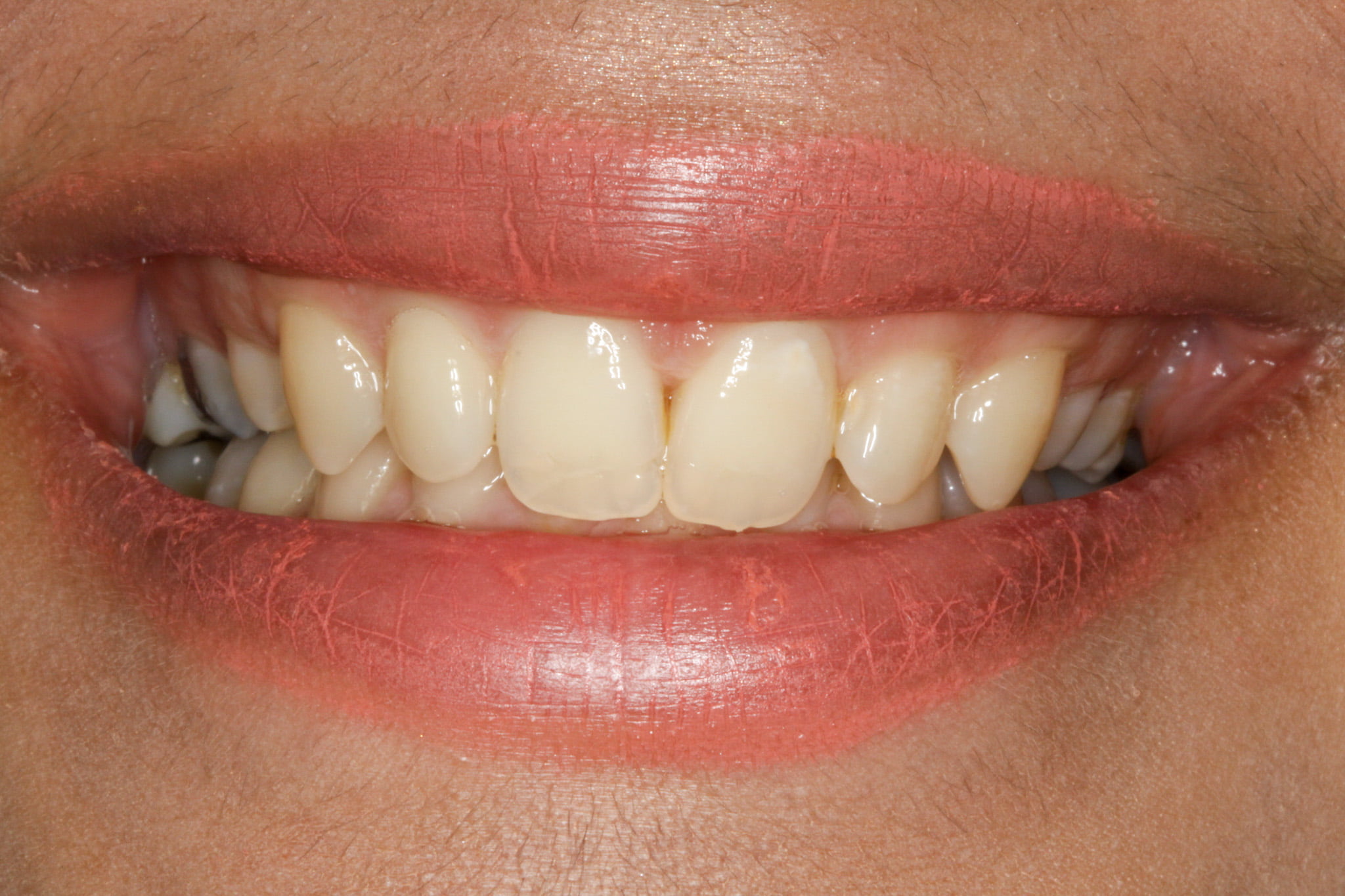
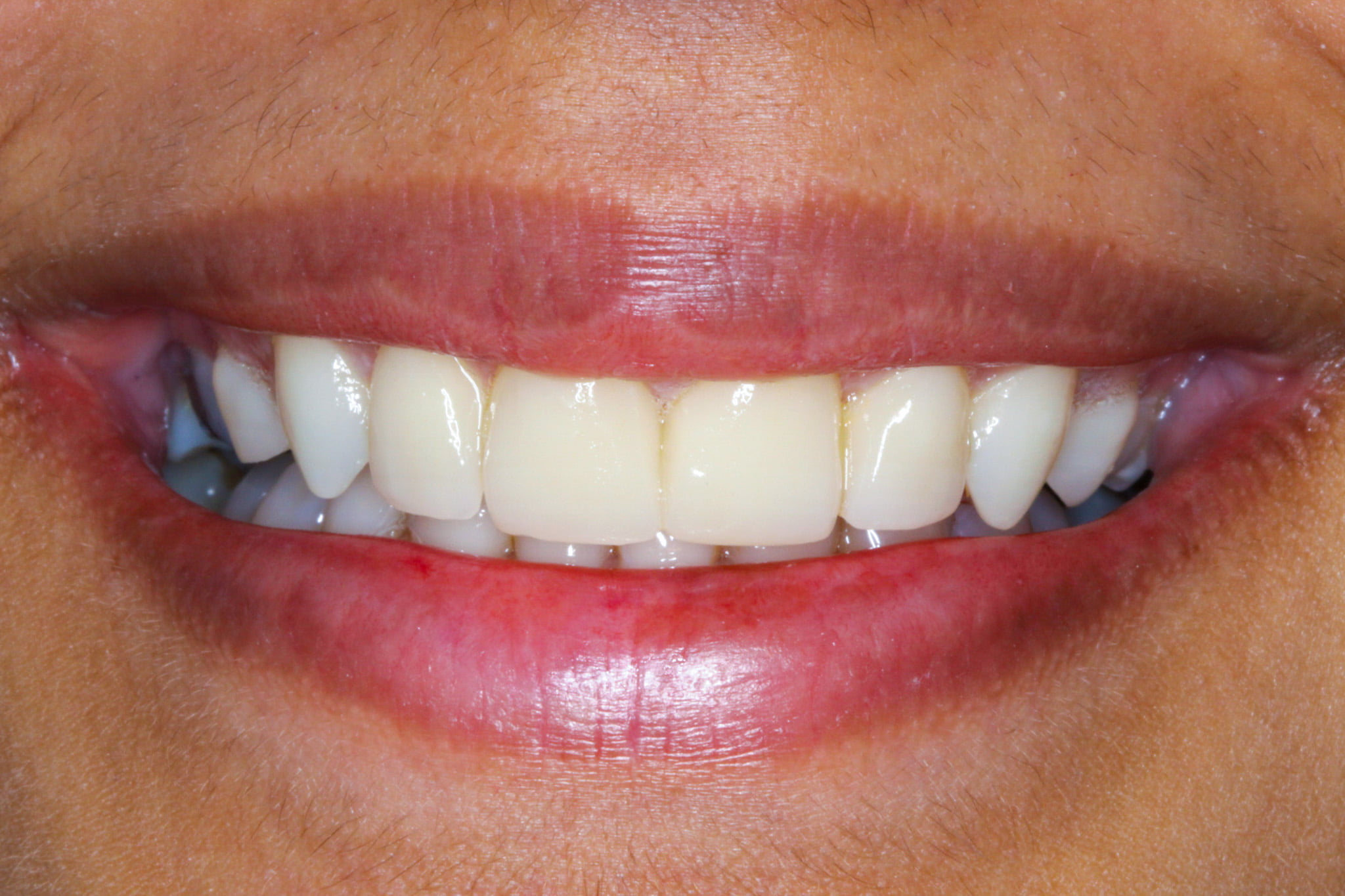
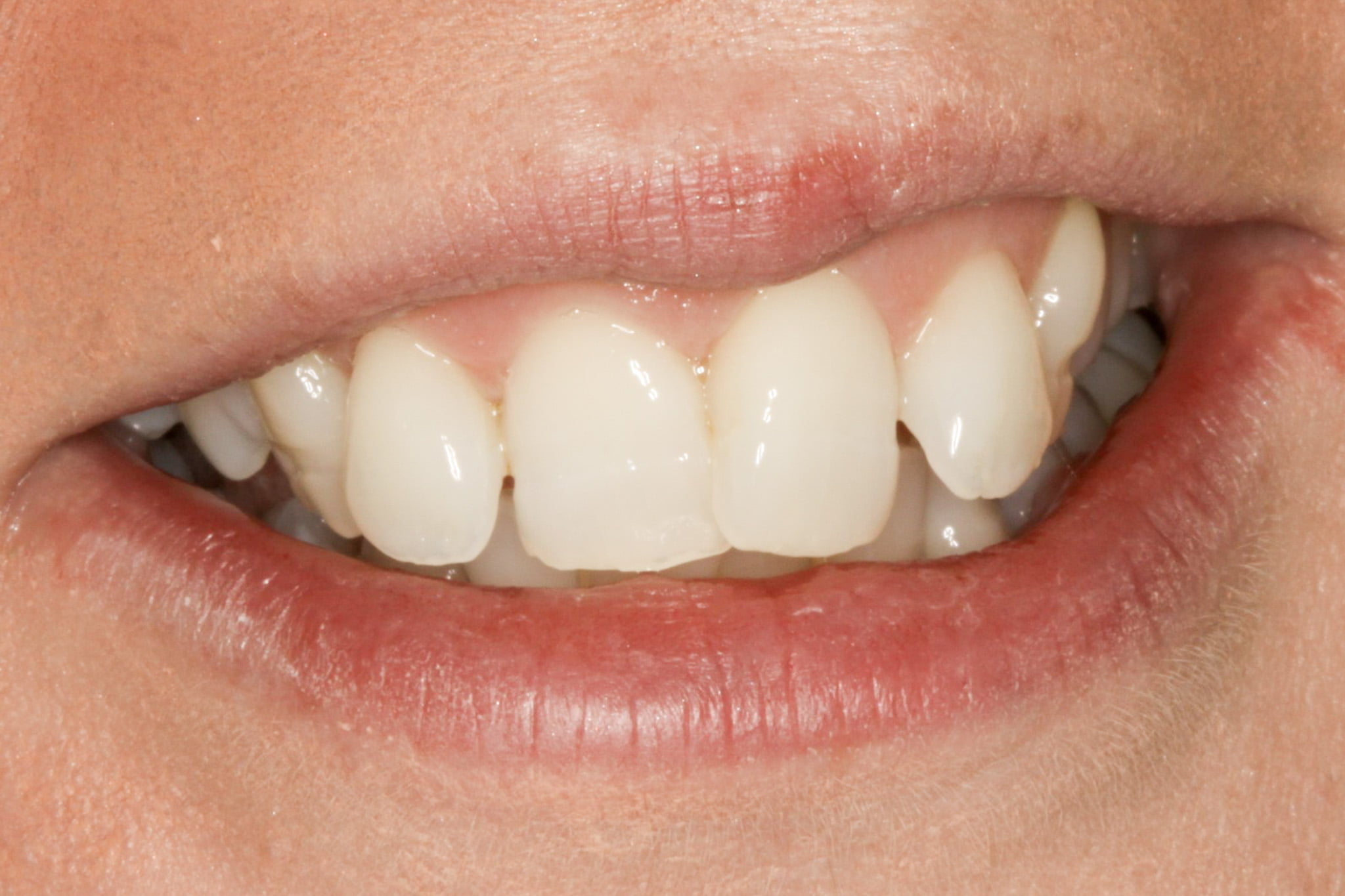
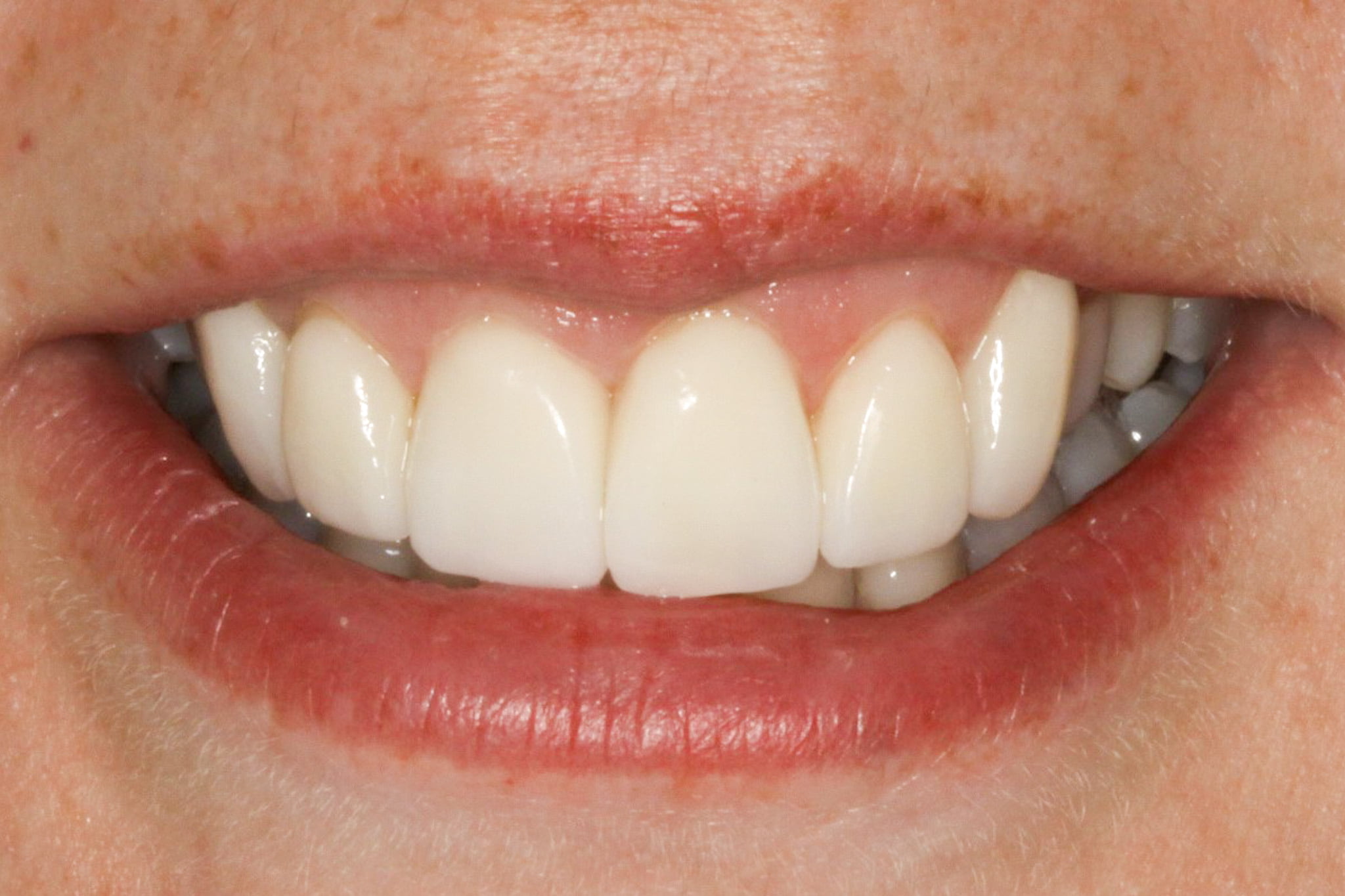
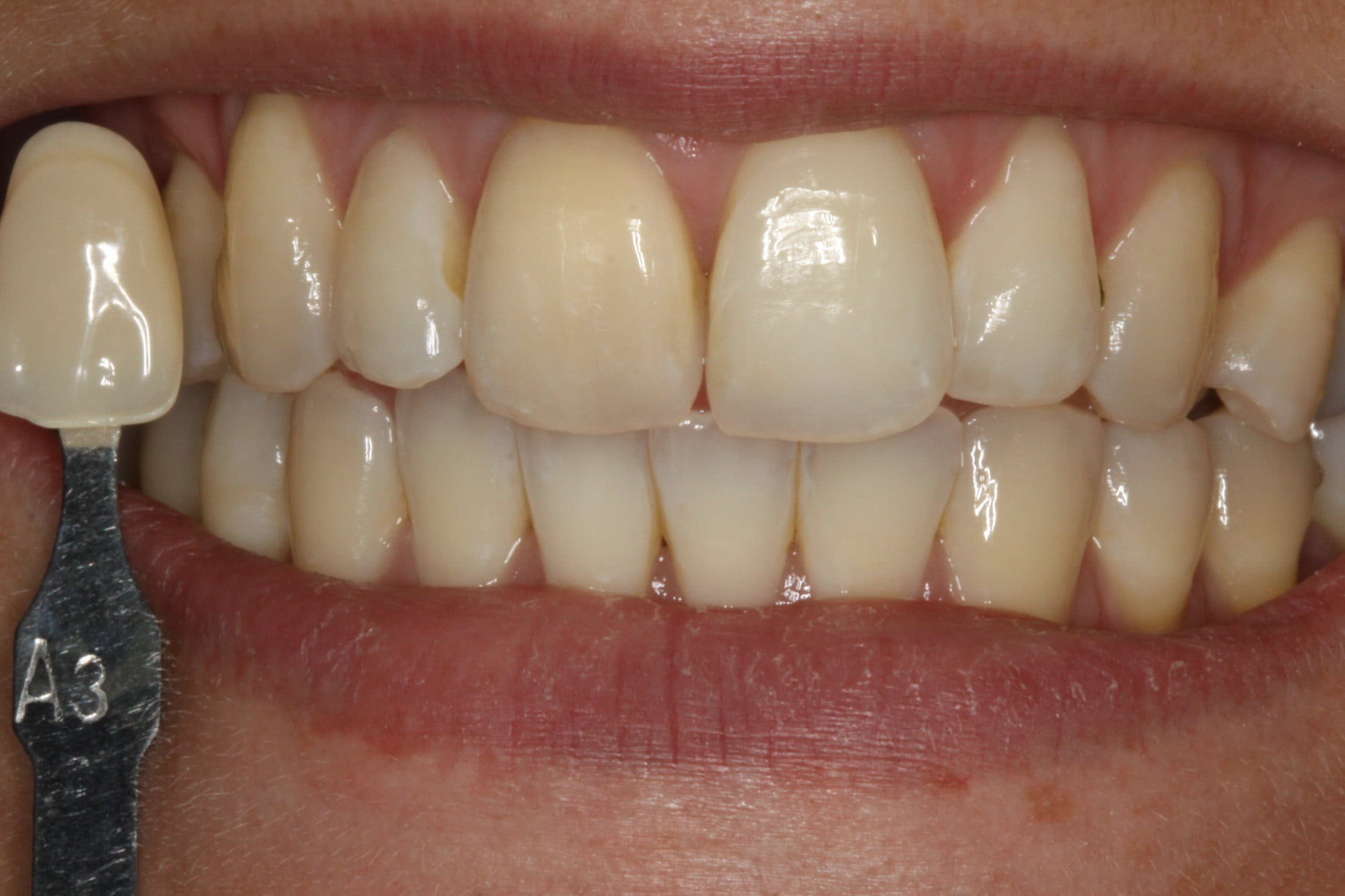
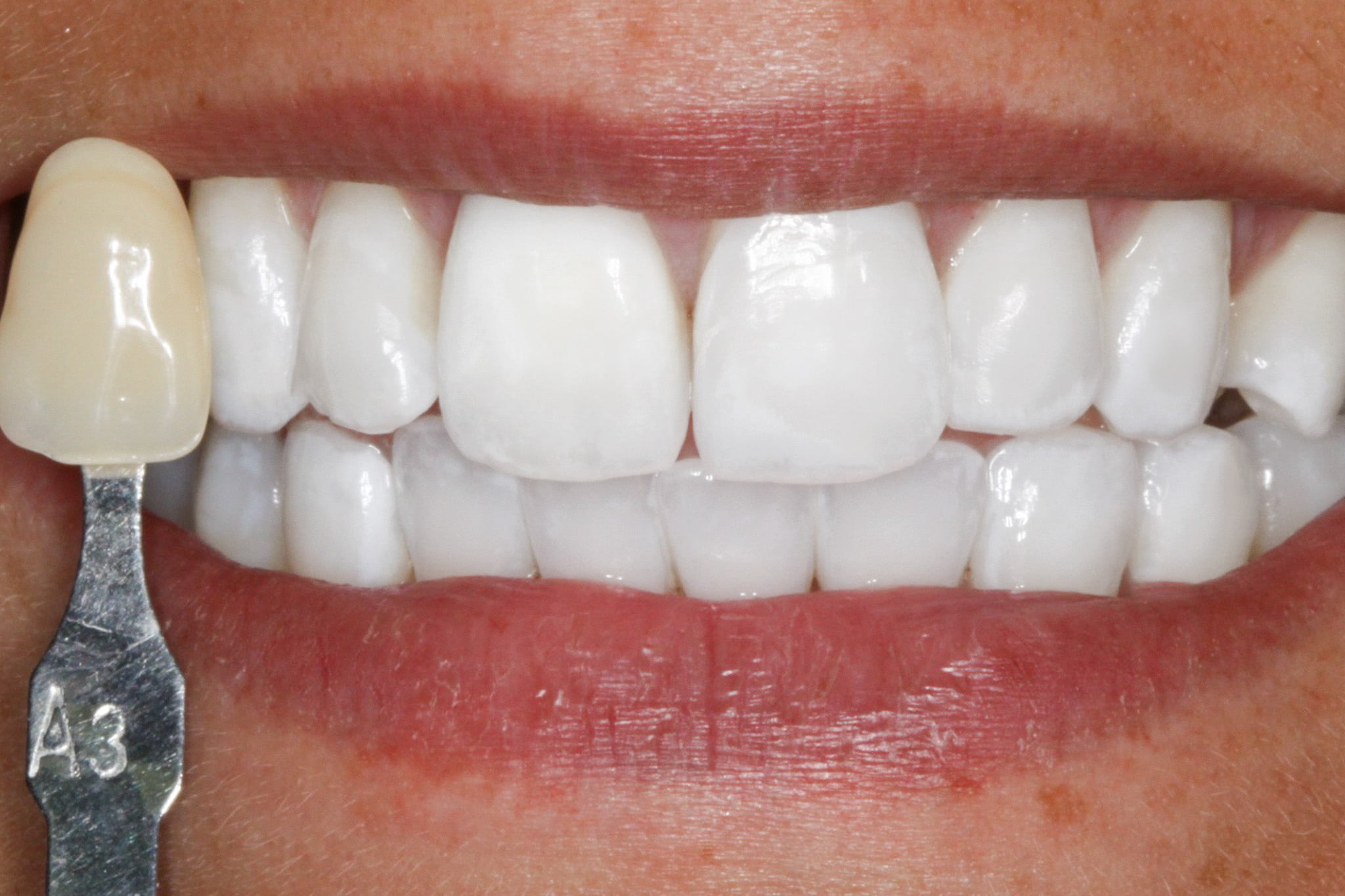
Oakland Family Dental Practice © 2023. All Rights Reserved



Oakland Family Dental Practice © 2023.
All Rights Reserved



Yes, although we advise you to stick to three meals a day if you are going to have a snack we recommend choosing healthy options such and nuts, cheese and crackers rather than sweets and chocolates.
A lot of people like to snack which is not a problem as long as you are eating the right foods/drinks such as the few listed below
Although Fruit is very healthy for you fruit drinks and smoothies contain a lot of sugar which contributes towards tooth decay, this is because when fruit is blended/juiced it releases sugars.
The most important thing to remember is, its not the amount of sugar you’re having its how frequently you’re having it. It is recommended that you only have 3 acid attacks per day, breakfast, lunch and tea time and if you’re having sugary snacks away from your three meals you are more likely to cause tooth decay , so all food containing sugars should be kept to meal times only.
In line with the department of health: delivering better oral health toolkit, we advise you to brush twice daily; last thing at night and at least one other time each day. If you have a fixed orthodontic appliance, we also advise you to brush after every time you eat. It is essential that you use 1350ppm-1500ppm fluoride toothpaste when brushing and 0.05% fluoride mouthwash once daily at a different time of day to brushing. You must use interdental brushes daily to clean the spaces in between your teeth and to clean in between the wire of the fixed appliance. It is good to use disclosing tablets a few times a week to ensure that you are brushing effectively. Failing to maintain a good standard of oral health during orthodontic treatment can lead to problems such as gum disease and tooth decay.
During orthodontic treatment, it is essential that you adapt to a soft and sugar free diet. You must avoid sweets, chocolate, biscuits, cakes, fizzy drinks, dilute drinks. You must avoid eating sticky/chewy foods such as chewing gum and toffee/caramel as this is likely to break your brace. You must avoid eating hard foods such as crusty bread and nuts; cut foods such as apples into small pieces before eating them. A good food to snack on is cheese because it is not sugary and neutralises the acids in your mouth. Some examples of wholesome foods that are soft to eat are: Pasta, fish pie, chilli and rice, cottage pie.
If your appliance breaks, we advise you to call the practice and ask for advice. If required, we will be able to book you an appointment to have your appliance fixed. Repeated breakages are not acceptable and result in prolonged treatment which can be detrimental to the health of the teeth and gums.
Yes. It is essential that you still attend your six monthly routine check-ups, even though you are visiting us regularly for your brace adjustment appointments. Your dentist can offer further preventive treatments and ensure that your general oral health is good. Your dentist will still need to make sure that your teeth and gums are healthy- if any treatment is required such as a filling they are the ones who will provide that treatment.
In line with the department of health : delivering better oral health tool kit, we recommend to brush last thing at night before bed and at least one other time each day. We also advise patients to spit out after brushing and not to rinse to maintain fluoride concentration.
It is essential that you use fluoride toothpaste containing 1,350-1,500ppm fluoride. It is not vital for you to use a certain branded toothpaste although evidence shows that toothpaste containing triclosan are more effective in improving plaque control and gingival health.
We recommend that you use floss or interdental brushes at least once a day to remove plaque and food from in between the teeth. It is essential that you do this daily as 40% of a tooth’s surface is in between and will never be able to be reached with a toothbrush alone. Plaque only stays soft for two days before it calcifies so it is important that it is removed.
If your gums bleed when brushing it is a sign of gum disease which is the inflammation of the gums also known as gingivitis. If this is left untreated it can turn into periodontal disease which destroys the structure that supports your teeth (bone) which can lead to tooth loss. To prevent this from happening we advise to brush 2x daily with fluoride toothpaste and to use floss/interdental brushes daily, if your gums bleed when brushing do not let this put you off. You must persist with brushing.
Smoking has a very big effect on your general health and damages your heart, lungs, brain and many more parts of the body, not only does it have an effect on your general health it also has an effect on your oral health and can contribute towards problems such as gum and periodontal disease which can lead to tooth loss. More importantly smoking increases the risk of cancer not only in your lungs but your lips, mouth and throat. More than 93% of throat cancers are caused by smoking. If you quit smoking the chances of developing cancer decreases even if you have been a heavy smoker for 20 years.
Like smoking alcohol has many effects on your health if abused. Drinking within the recommended alcohol unit guidelines which is no more than 14 units per week for both men and women can help keep health risks low it is recommended that you spread the units over the week rather than binge drinking at the weekend. Alcohol can also have an effect your teeth as many alcoholic drinks contain sugars which contributes towards tooth decay.
A lot of people only choose to smoke when they drink which is called social smoking, because they are only smoking in moderation they think the risks are lower when in fact they are higher than ever. When smoking and alcohol are combined the risks of developing oral cancer are multiplied.